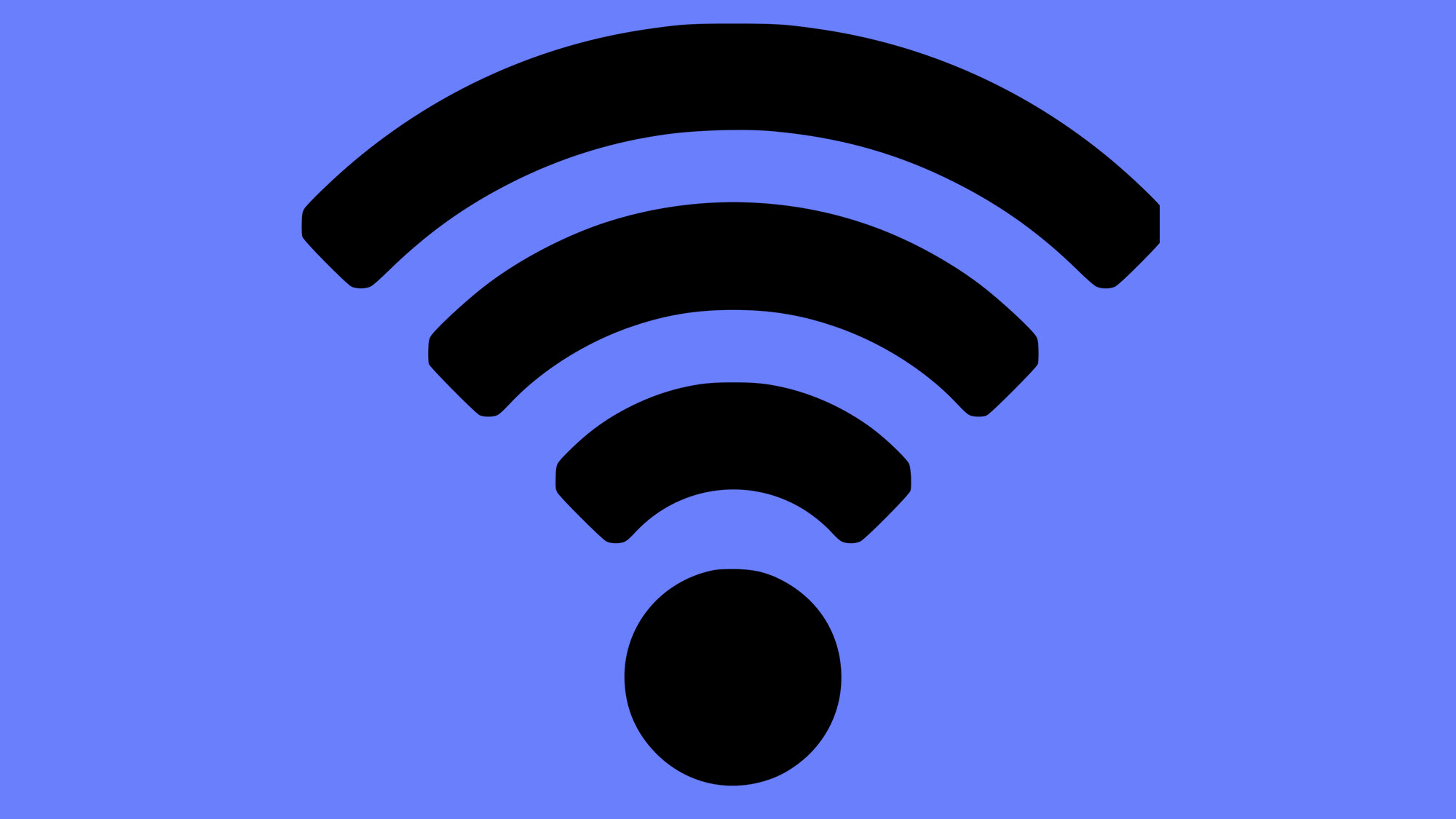FCC Authorizes First Advanced Wireless Net Test Beds

The smarter way to stay on top of the multichannel video marketplace. Sign up below.
You are now subscribed
Your newsletter sign-up was successful
The FCC has picked its first test beds for advance wireless.
New York and Salt Lake City will be its first two "innovation zones" for city-scale tests and research of prototype wireless networks, including 5G, according to a public notice issued by the FCC's Office of Science and Engineering.
The Trump Administration has declared the race to 5G a must win for the U.S.
They are the first such test beds authorized under the FCC's 2013 experimental license rules and "will provide opportunities for qualified licensees to test new advanced technologies and prototype networks – such as those that can support 5G technologies – outside a traditional small campus or laboratory setting."
Specifically, the zones allow for "multiple non-related experiments under a single authorization within a defined geographic area to develop new technologies and services while protecting incumbent services against harmful interference," the FCC said Wednesday (Sept. 18).
Those particular zones were proposed by the National Science Foundation (NSF) Platform for Advanced Wireless Research.
The New York zone (actually less than a tenth of a square mile in Manhattan) will feature West Harlem-based COSMOS (Cloud Enhanced Open Software Defined Mobile Wireless Testbed for City-Scale Deployment), which is being run by Rutgers University, Columbia University, and New York University in partnership with the city.
The smarter way to stay on top of the multichannel video marketplace. Sign up below.
Salt Lake City's effort (over four square miles) is POWDER (A Platform for Open Wireless Data-driven Experimental Research with Massive MIMO Capabilities), which will be run joinly by the City and the University of Utah and Rice University.
The zones will be managed by NSF.
Contributing editor John Eggerton has been an editor and/or writer on media regulation, legislation and policy for over four decades, including covering the FCC, FTC, Congress, the major media trade associations, and the federal courts. In addition to Multichannel News and Broadcasting + Cable, his work has appeared in Radio World, TV Technology, TV Fax, This Week in Consumer Electronics, Variety and the Encyclopedia Britannica.

